The Economist explains
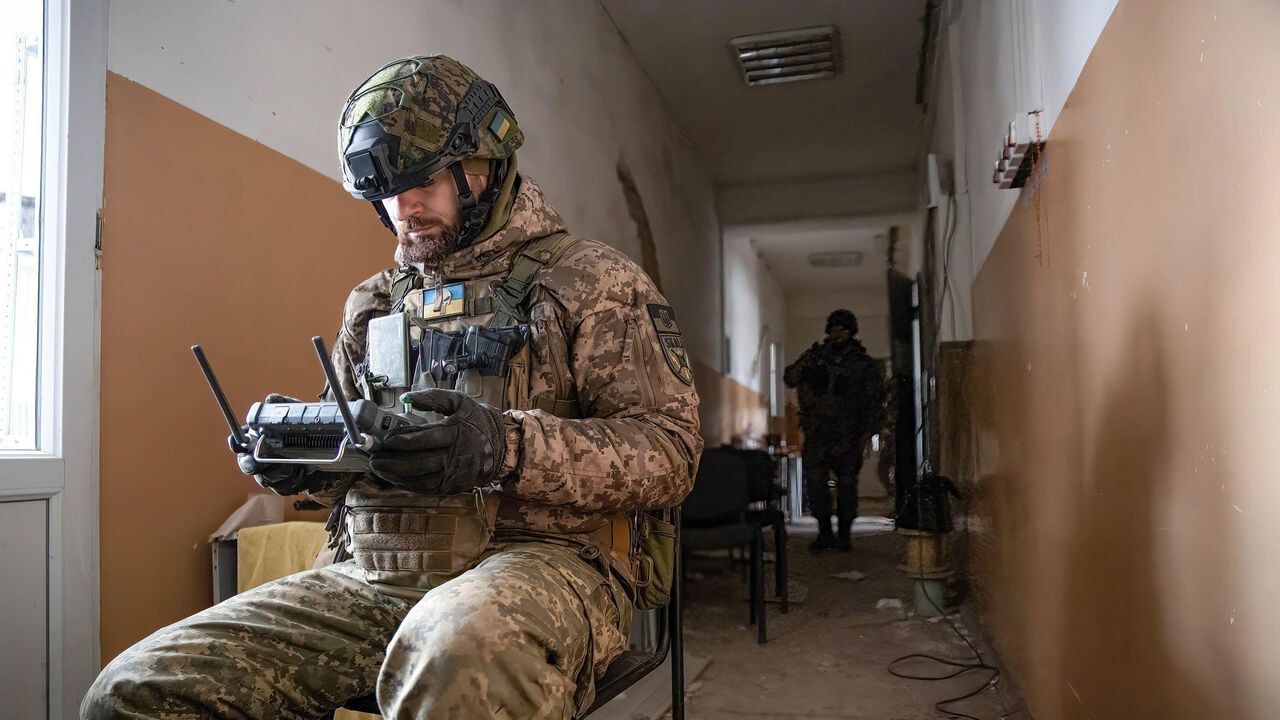
The Economist explains
How drones and video-game techniques are coming together in Ukraine’s war
The idea of the body count evolves
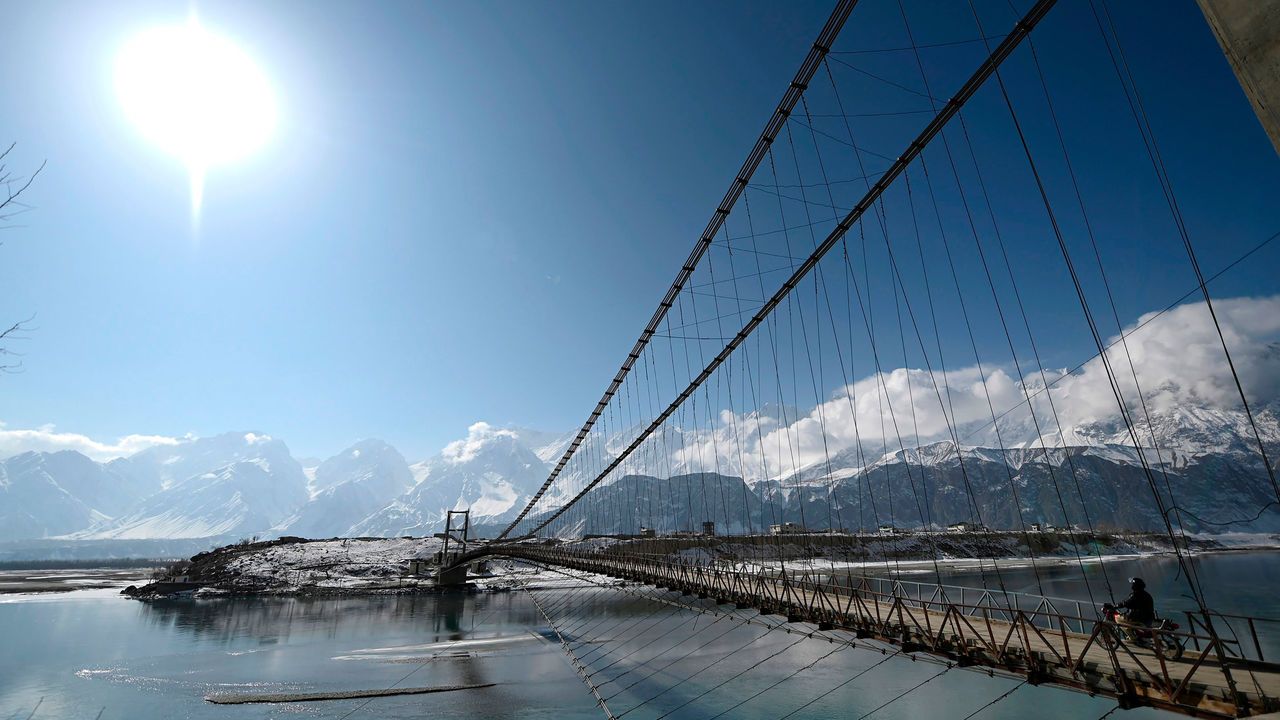
The Economist explains
Why are India and Pakistan fighting over water?
After terror attacks India has suspended a water-sharing treaty
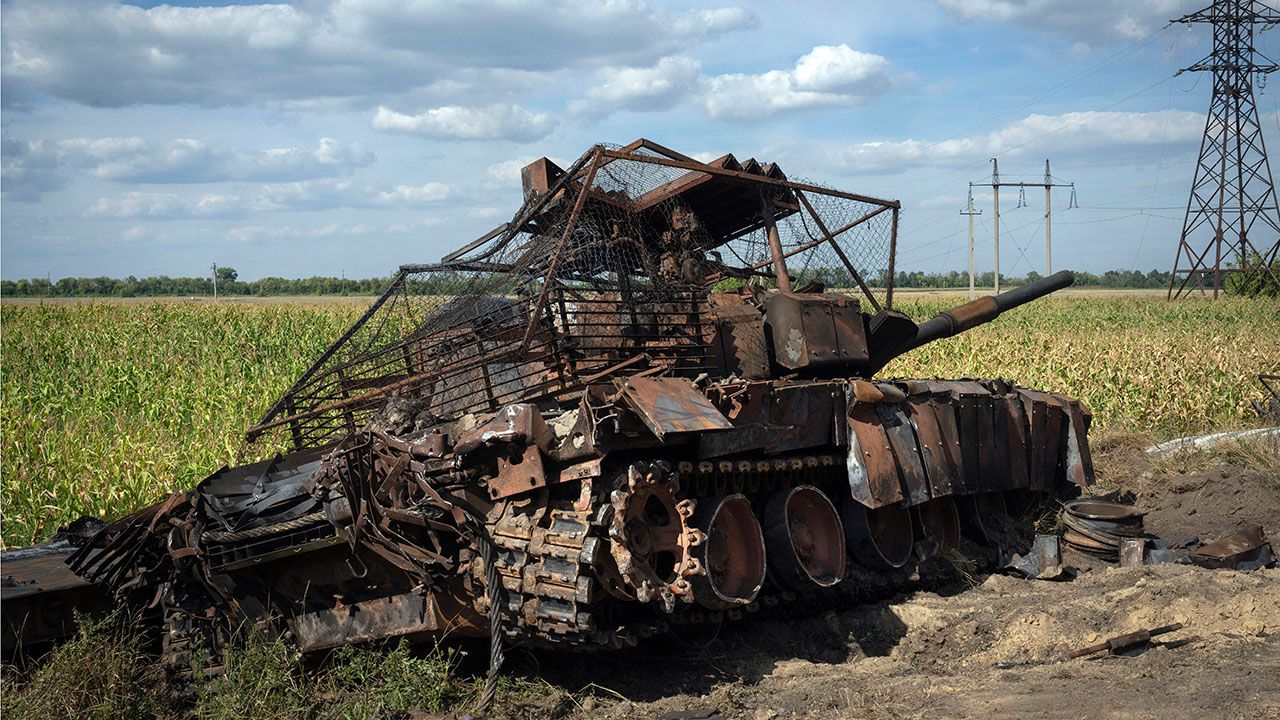
The Economist explains
How will mines dropped by drones change warfare?
They make attacks on tanks more precise and troops easier to trap
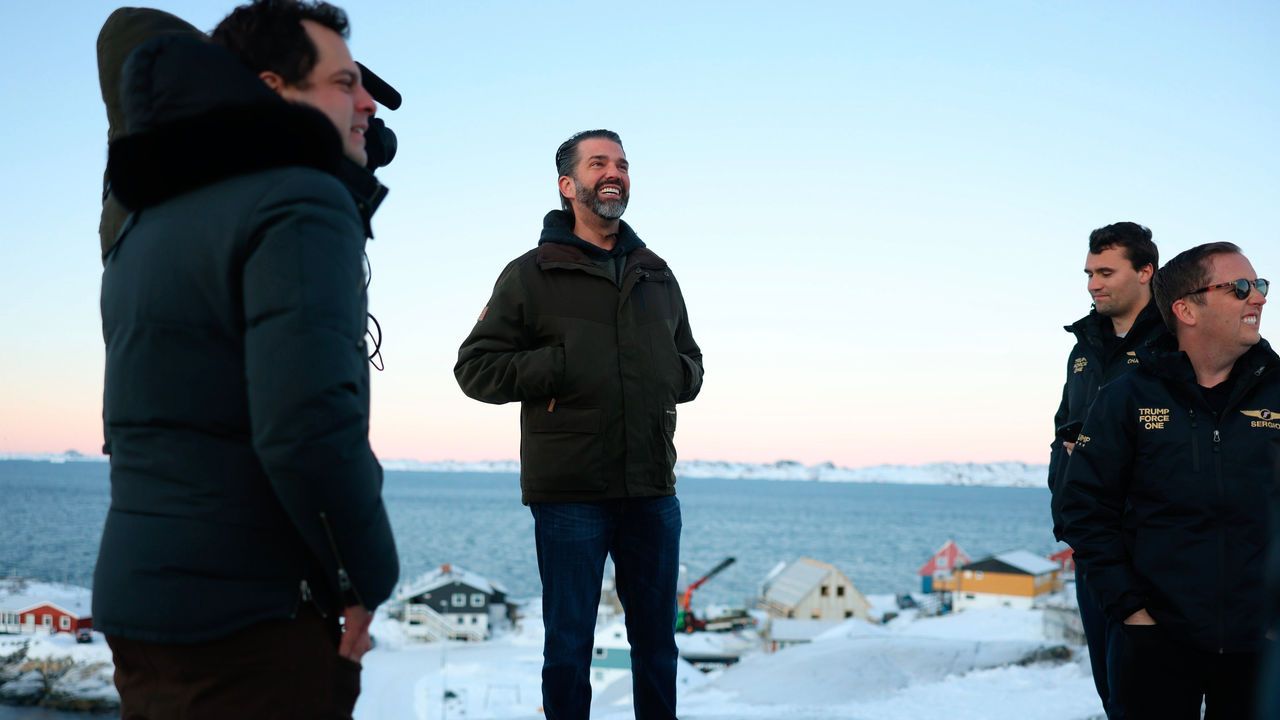
The Economist explains
What do Greenlanders think of being bought?
Donald Trump’s desire for Greenland, and a shabby visit by his son, reignite the independence debate
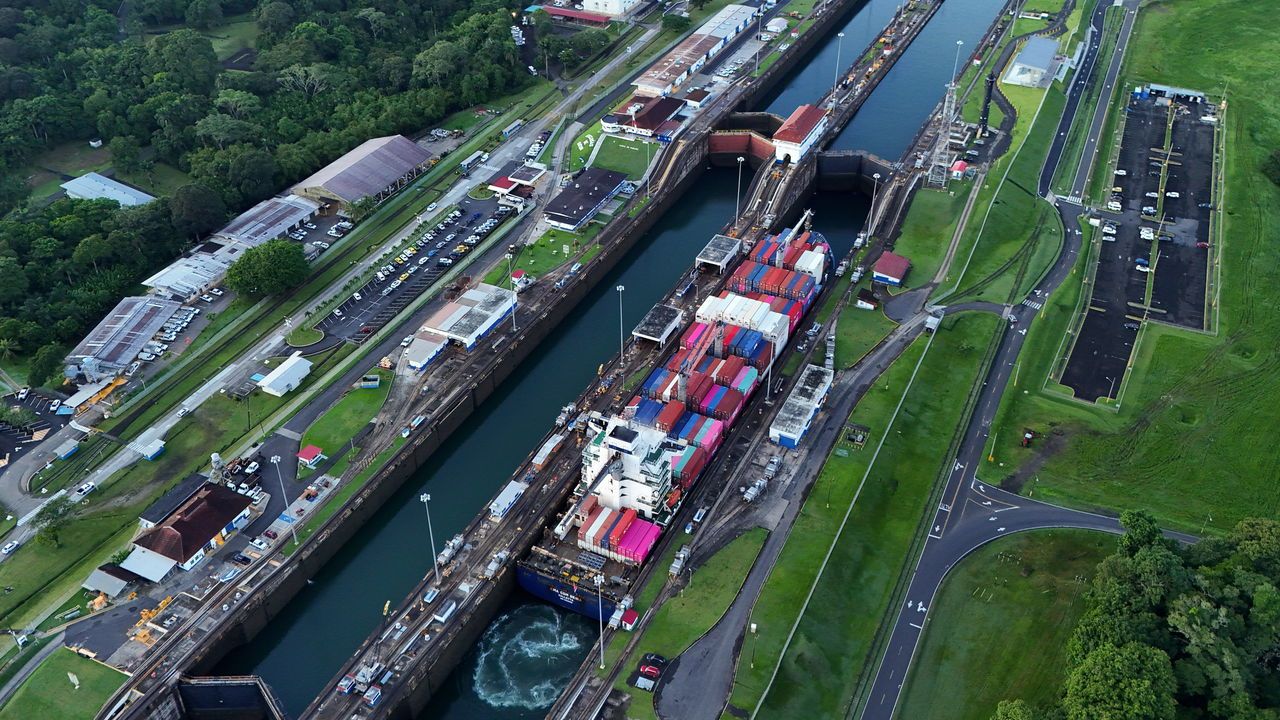
The Economist explains
What would Donald Trump gain from seizing the Panama Canal?
The president-elect claims the crossing is controlled by China and rips off American consumers
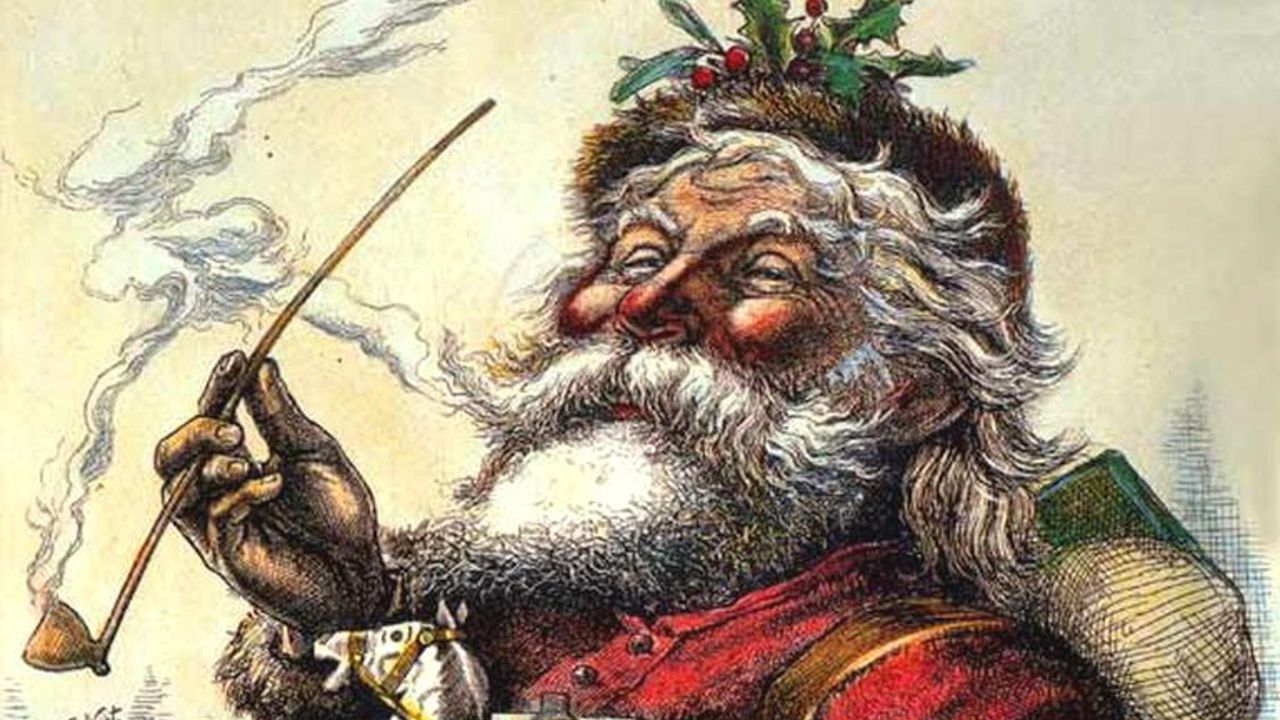
The Economist explains
Where does Santa come from?
How a miracle-working Greek bishop, Dutch folk figure and early New York icon became the ubiquitous symbol of Christmas
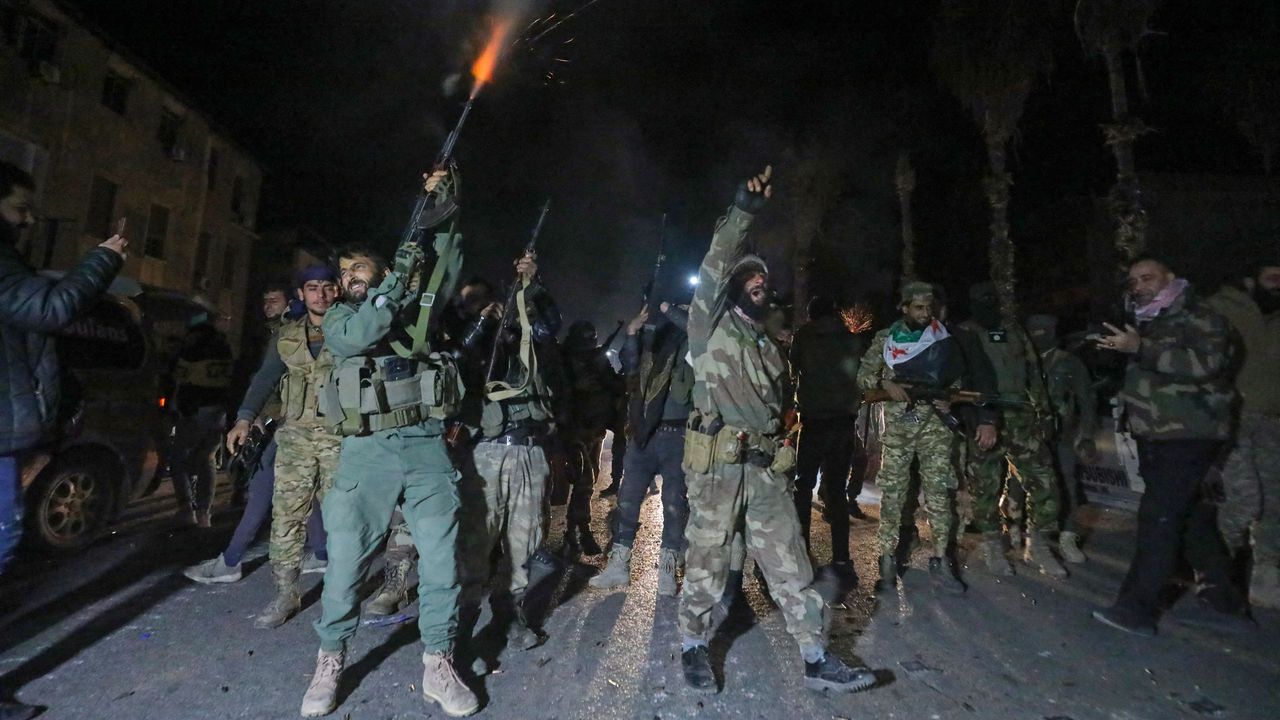
The Economist explains
Who are the main rebel groups in Syria?
They were united against the country’s dictator. Now they have little in common
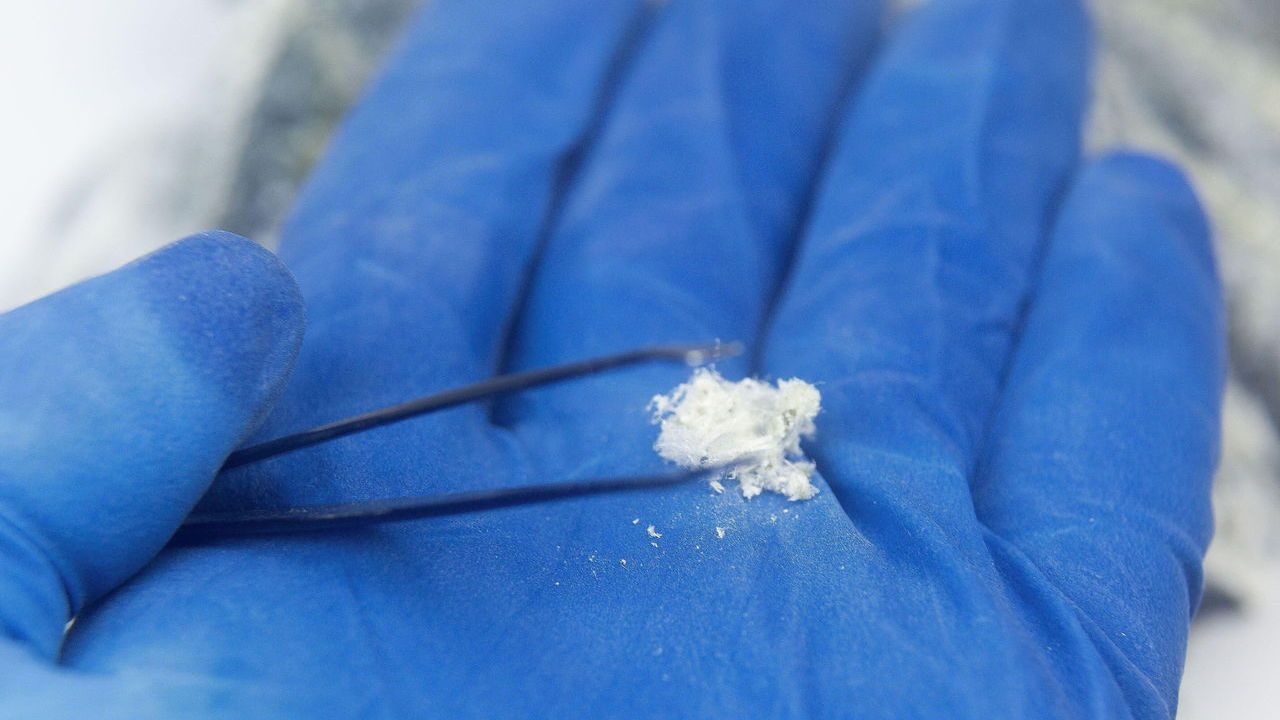
The Economist explains
Is RFK junior right to say America allows more toxins than the EU?
He is, but things are slowly beginning to change
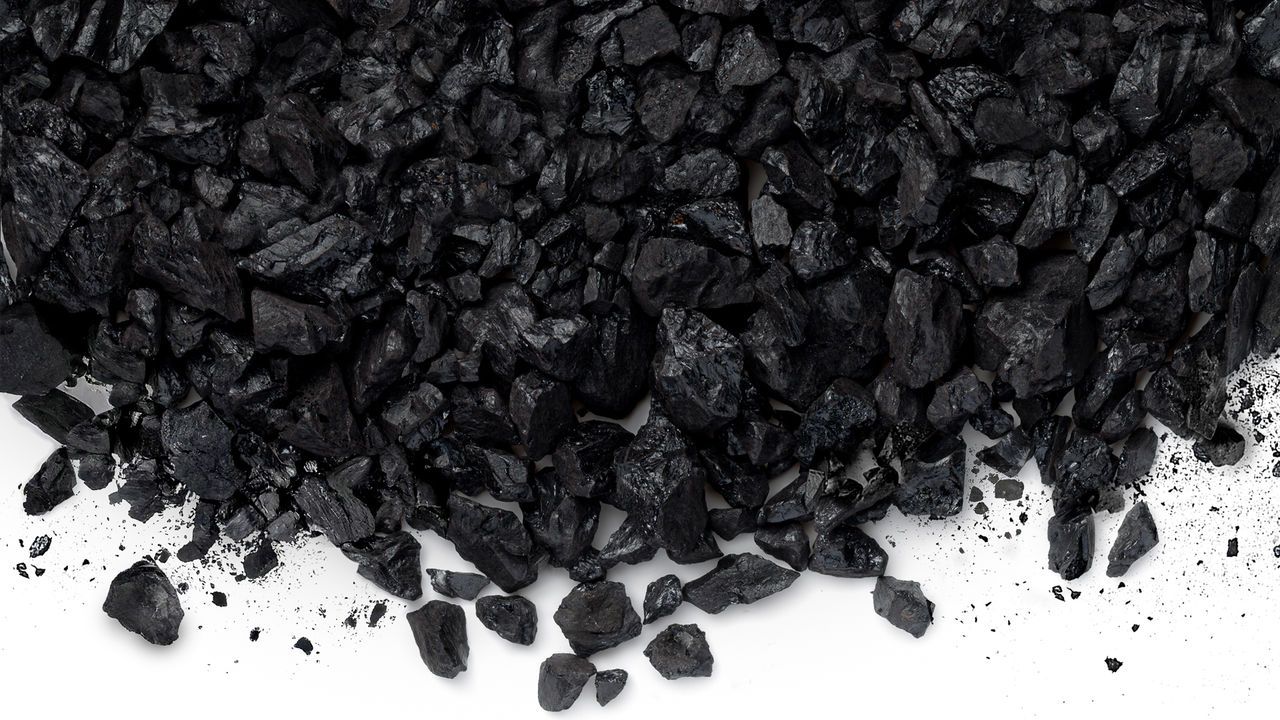
The Economist explains
What would it cost to kill coal?
The price of shutting down coal power, and what would be gained
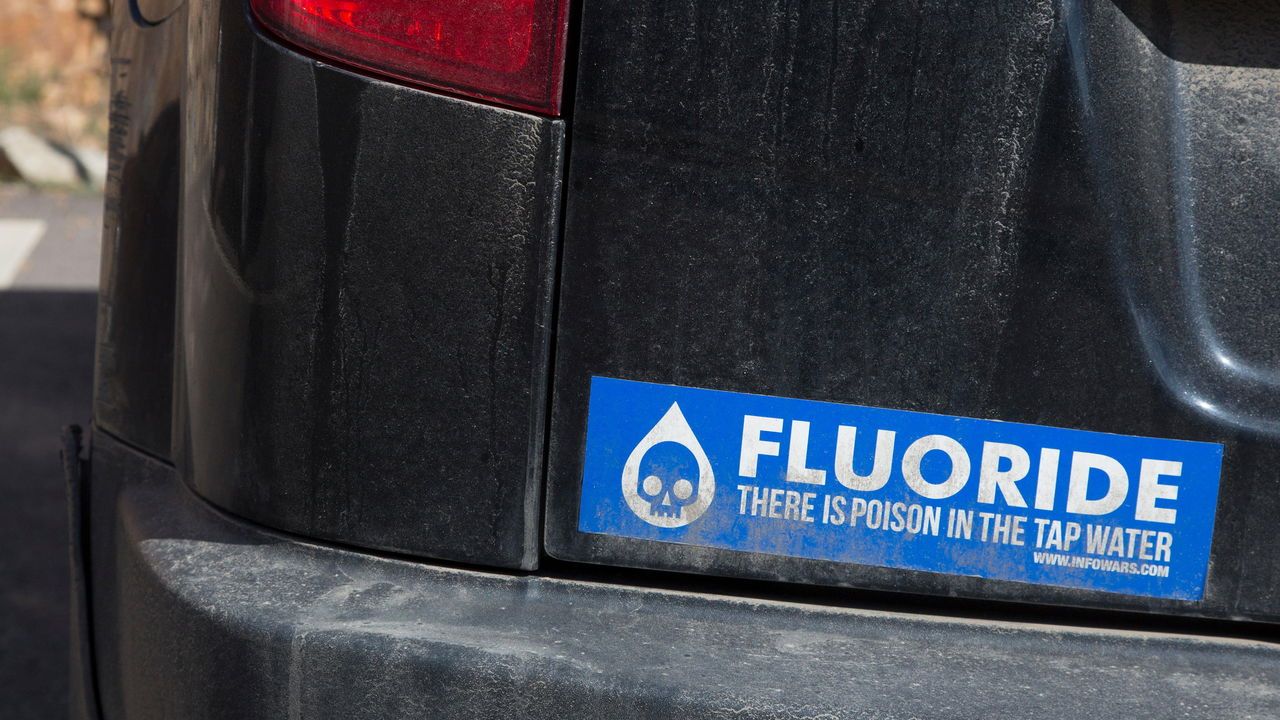
The Economist explains
Should America ban fluoride in its drinking water?
The idea by Robert F. Kennedy junior—nominated by Donald Trump as health secretary—may have teeth
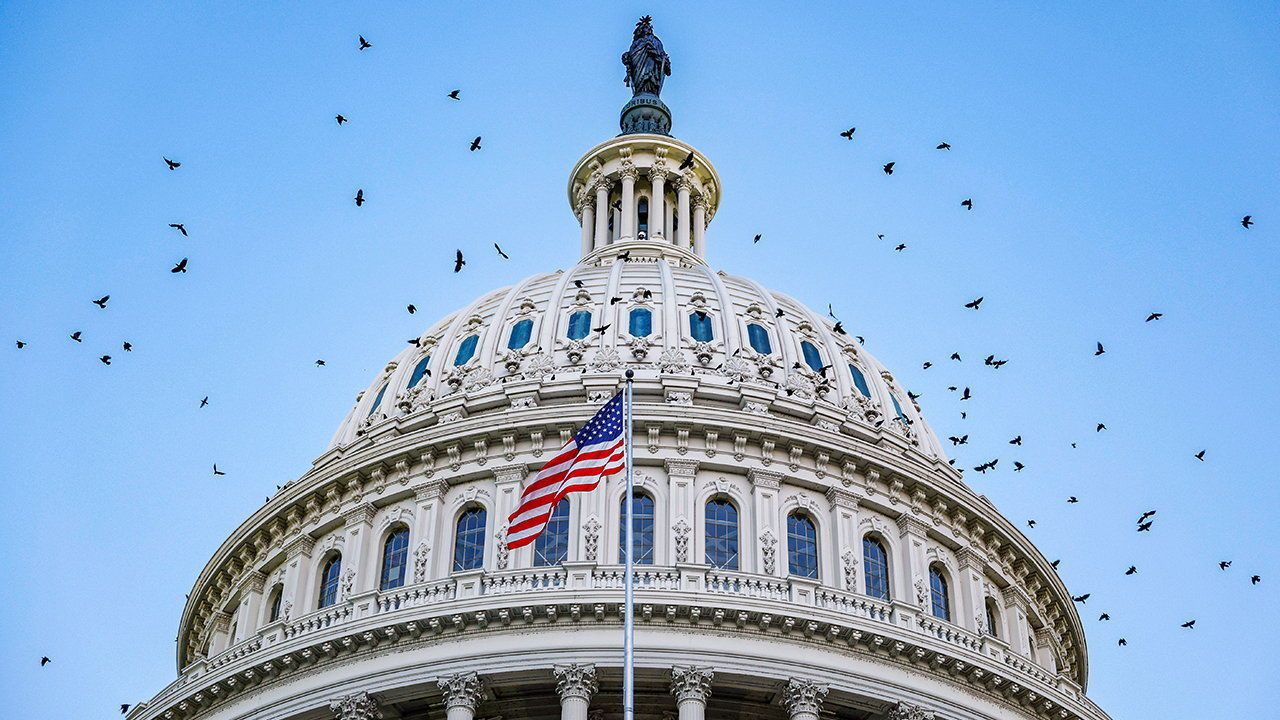
The Economist explains
Why is Donald Trump keen to use “recess appointments”?
The president-elect is testing the loyalty of the Senate’s next majority leader
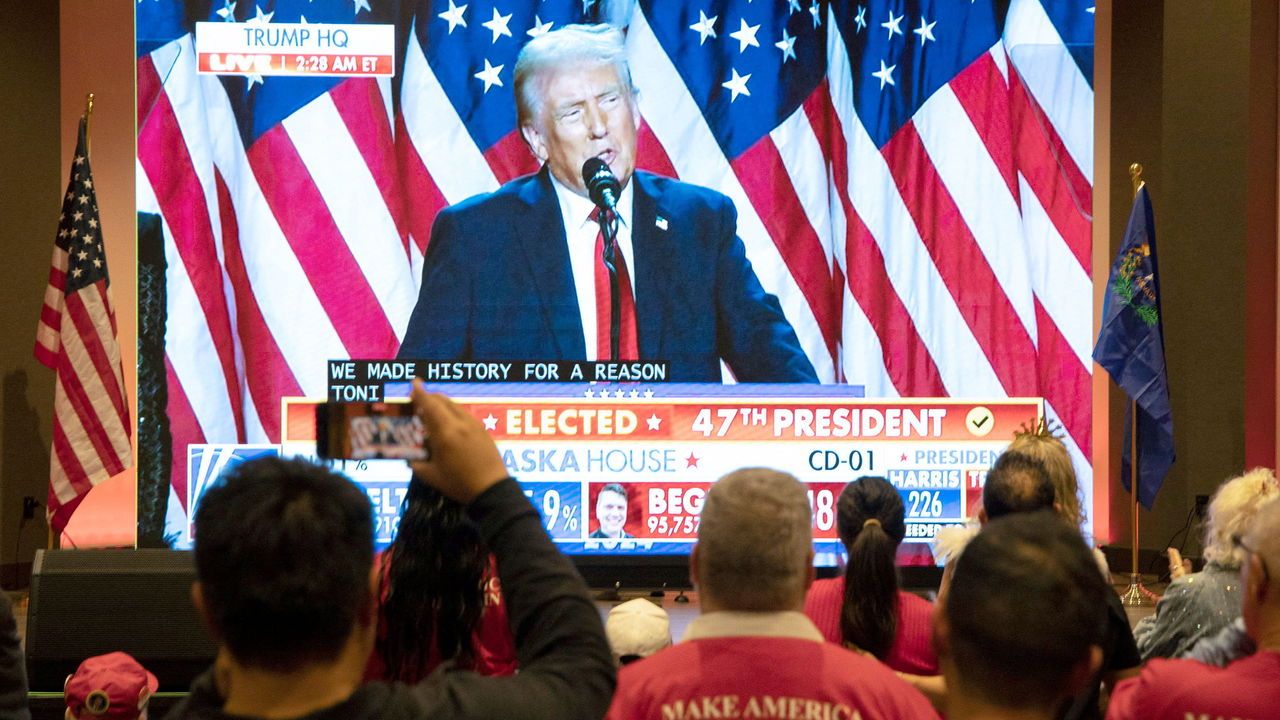
The Economist explains
Will Donald Trump’s power be unchecked if Republicans win the House?
A “trifecta” of presidency, Senate and House of Representatives would provide a huge opportunity

